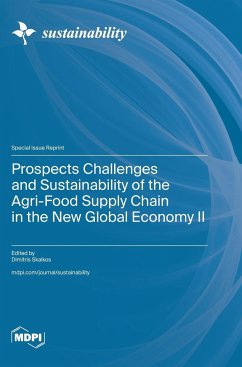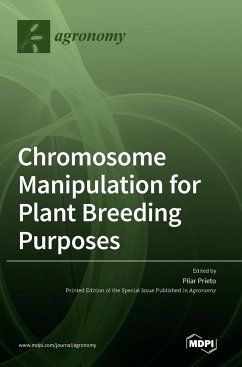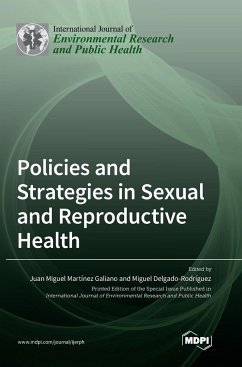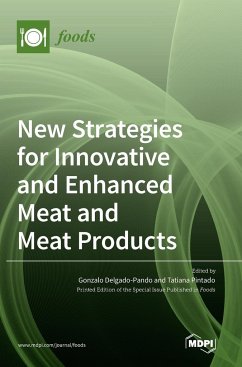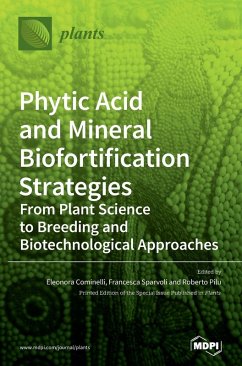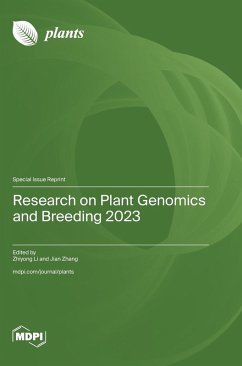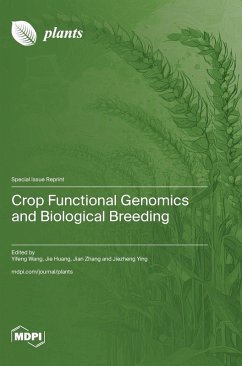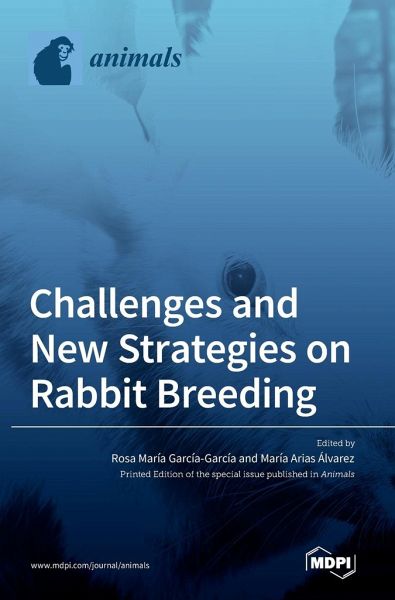
Challenges and New Strategies on Rabbit Breeding
Versandkostenfrei!
Versandfertig in 1-2 Wochen
65,99 €
inkl. MwSt.

PAYBACK Punkte
33 °P sammeln!
Rabbit livestock is especially important in the Mediterranean area and in the semi-arid zones of Africa, Asia, and America, representing a valuable alternative source of good animal protein of high quality (low fat and low cholesterol). However, rabbit husbandry should adapt to be a competitive and sustainable sector. In addition, it must maintain a balance between rabbit welfare, customer demands, and breeder requirements. Then, improvement in breeding systems is needed and may involve avoiding hormones and antibiotics in rabbit management; enhancing the efficiency of reproductive procedures ...
Rabbit livestock is especially important in the Mediterranean area and in the semi-arid zones of Africa, Asia, and America, representing a valuable alternative source of good animal protein of high quality (low fat and low cholesterol). However, rabbit husbandry should adapt to be a competitive and sustainable sector. In addition, it must maintain a balance between rabbit welfare, customer demands, and breeder requirements. Then, improvement in breeding systems is needed and may involve avoiding hormones and antibiotics in rabbit management; enhancing the efficiency of reproductive procedures such as artificial insemination systems and freezing of semen and embryos; extending the productive lifespan of does; improving genetic selection systems; and adjusting nutritional systems to optimize the physiological status of animals and the immune response. This Special Issue concerns all these challenges in increasing rabbit productivity and sustainability.







